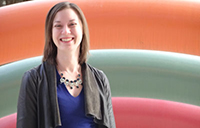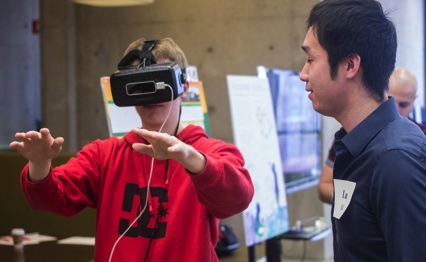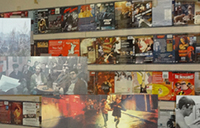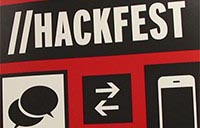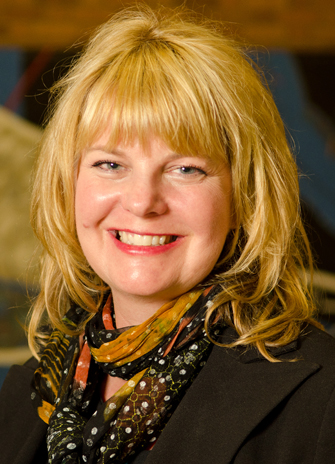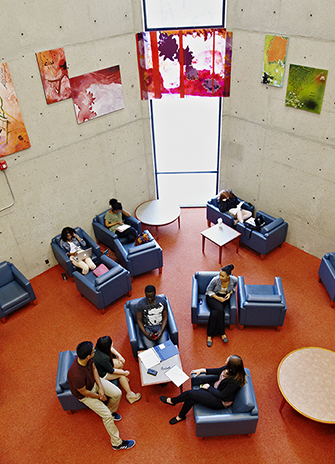Data experts from across North America will gather at York and Ryerson universities on May 12 and 13 to learn and share ideas on linked data in cultural heritage, during the Linked Open Data in Libraries Archives and Museum Toronto (LODLAMTO) conference.
The two-day event will gather librarians, archivists, museum workers and government sector workers in an innovative format that combines intensive workshops on metadata transformation and manipulation with intensive working discussions, presentations and a hackfest aimed to accelerate the adoption and development of structured data.

As big data is increasingly important, it is recognized that metadata – which is the structured information about that data – is the key to unlocking its potential. Librarians hold deep expertise in this area as the traditional creators of indexes, databases and standards. Linked data is a means of creating structure that leverages machine-readable connections between content stores.
For the cultural heritage sector, making their vast stores of content more findable and enabling connections between interconnected content is a huge boon for researchers and the public-at-large.
“In many ways, it’s enabling powerful stories to emerge,” said Allison-Cassin. “We are able to see the relationships in a whole new way. And, not just between points of data, but people, places and material objects. It’s very exciting.”
The event is the first of its kind in Canada to combine the THATCamp-style meetings of LODLAM with hands-on workshops. Experts from Cornell University, the Digital Public Library of America, Laurentian University and the University of Waterloo will provide advanced training.
“I had the privilege of attending LODLAM in Sydney last year and was inspired by metadata practitioners from all over the world,” said Allison-Cassin “In Canada, we need to initiate robust support for digital initiatives and infrastructure for cultural heritage that is seen in Europe. By focusing on the Canadian domain, we aim to begin building that infrastructure at a grassroots level. We’ve been hearing about the advantages of linked data for libraries, archives and museums, but what’s really needed is training in this emerging area.”
The event, a partnership between York University and Ryerson University, is supported by organizations in the forefront of linked open data in the humanities including Canadiana, the Digital Library Federation and LODLAM.
LODLAMTO is supported by Osgoode Hall Law School, the University of Toronto and Our Digital World.
Allison-Cassin, recently celebrated as a York University research leader, is researching the application of linked open data in libraries and archives through the development of a framework to map the folk music scene in Toronto during the 1960s. This research draws on York’s archival collection of the Mariposa Folk Festival Foundation and other related collections, such as the Toronto Telegram newspaper photo archive.
The W.P. Scott Chair in E-Librarianship is the first and only research position of its kind in Canada. The Chair in E-Librarianship was created to promote and accelerate innovative research in libraries, and in an increasingly digital world. The Chair develops interdisciplinary research – in his or her chosen area of expertise – that will enhance and support emerging forms of e-librarianship.


